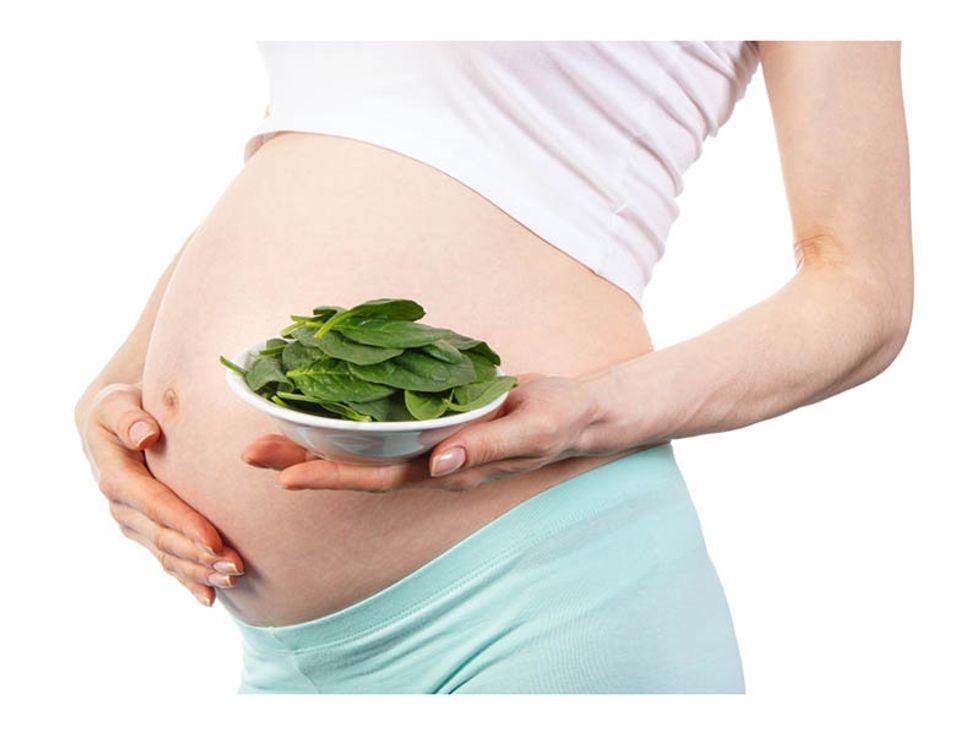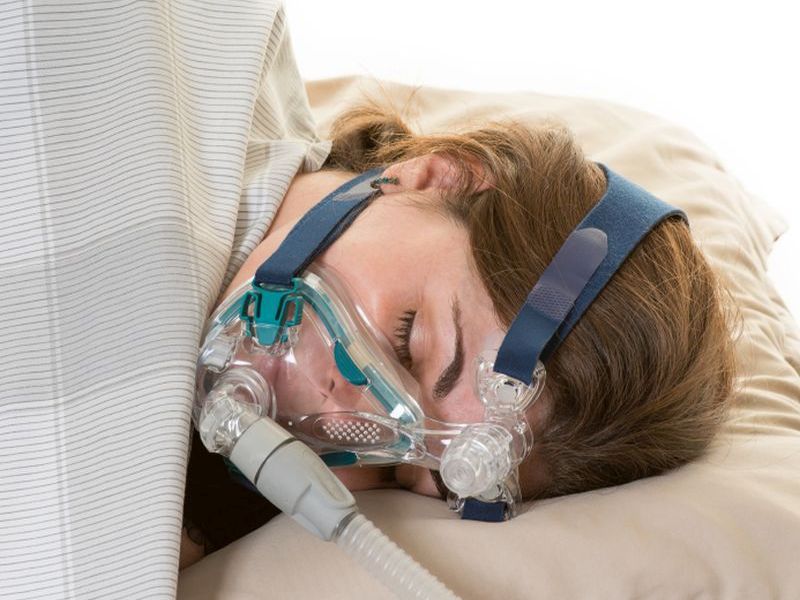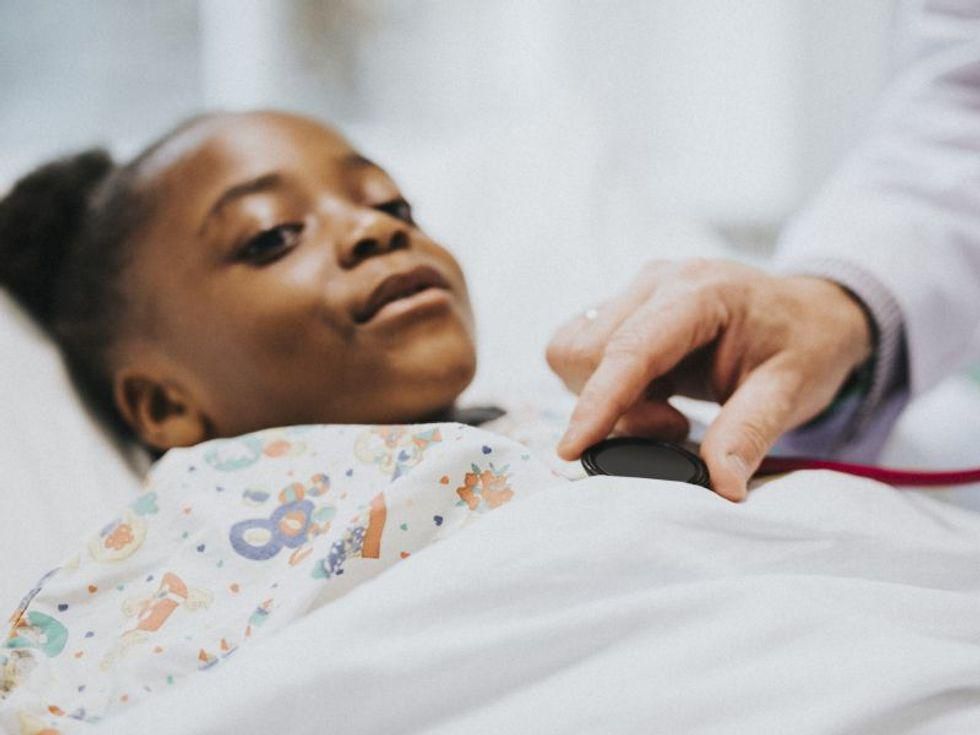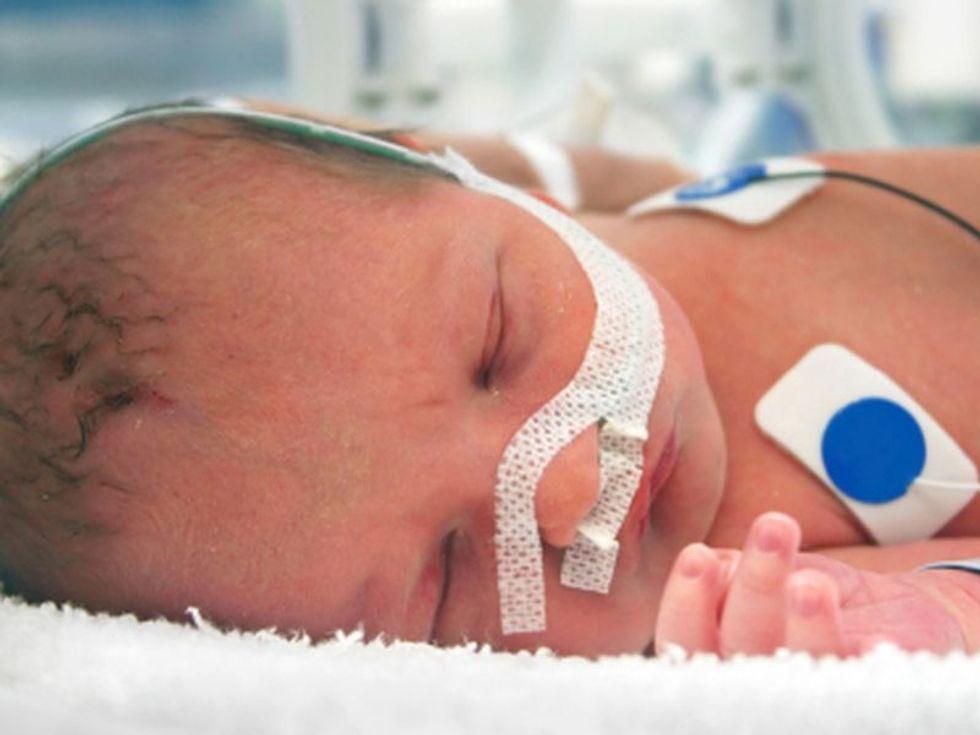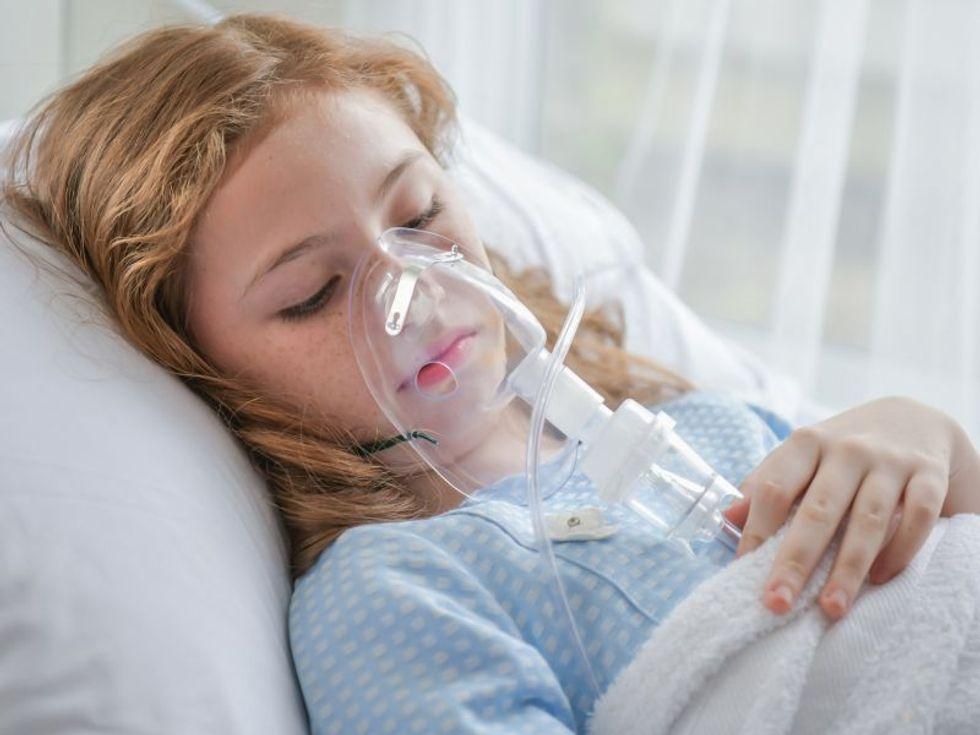
The actual number of U.S. children hospitalized due to COVID-19 may be lower than current figures suggest, a new study indicates. That’s because counts of hospitalized children who test positive for COVID-19 may include those who were admitted for other reasons and have no COVID symptoms, Stanford University School of Medicine researchers explained. Throughout the… read on > read on >











